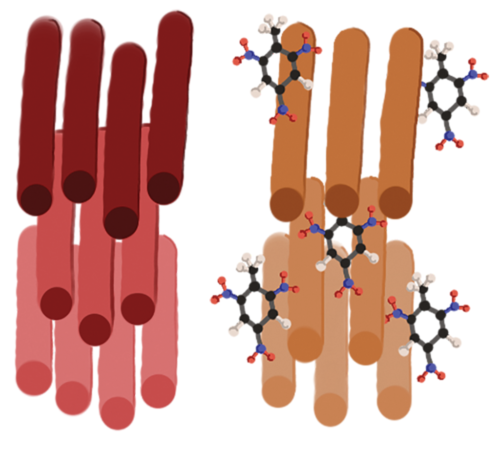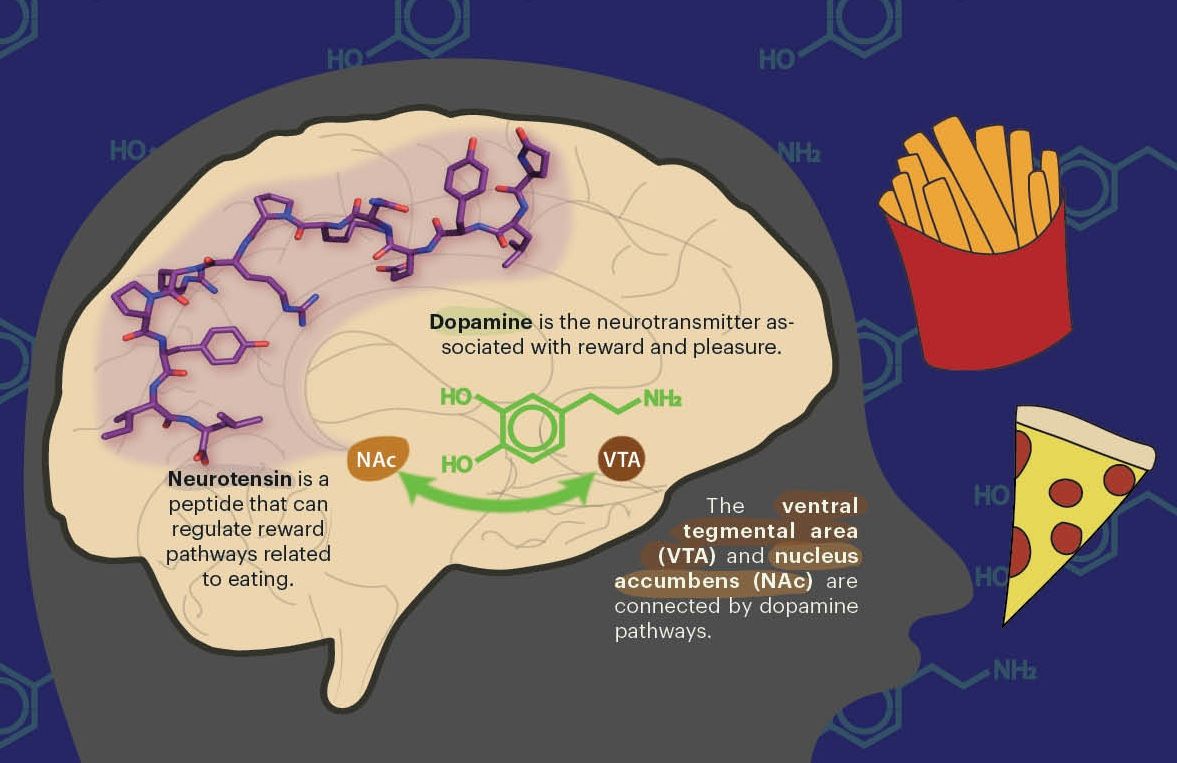 If you hang around the Berkeley campus long enough, you’re destined to go head-to-head with a wild turkey. You might see the turkey’s head change color—from blue to white to red. When a turkey gets stressed, its heart rate increases and blood vessels dilate, which pushes apart collagen fibers in the skin. This response changes how light scatters off the skin. The science behind this danger-sensing phenomenon has inspired Seung-Wuk Lee, a professor of bioengineering at UC Berkeley, to design new color-changing materials.
If you hang around the Berkeley campus long enough, you’re destined to go head-to-head with a wild turkey. You might see the turkey’s head change color—from blue to white to red. When a turkey gets stressed, its heart rate increases and blood vessels dilate, which pushes apart collagen fibers in the skin. This response changes how light scatters off the skin. The science behind this danger-sensing phenomenon has inspired Seung-Wuk Lee, a professor of bioengineering at UC Berkeley, to design new color-changing materials.
To make these materials, the Seung-Wuk Lee lab “employs filamentous viruses, whose structure mimics that of collagen bundles found in skin.” The lab has recently genetically engineered these viruses to sense TNT, the molecular building block of dynamite. When carefully stacked together, the viruses align into an ordered film that gives off a distinct color. If TNT molecules come within a certain distance of the film, the viruses bind the TNT. In order to accommodate the size of the TNT molecule, the material swells, increasing the distance between individual viruses. The swelling changes how light interacts with the material and consequently the color.
 Filamentous virus material swells and changes color in the presence of TNT molecules
Filamentous virus material swells and changes color in the presence of TNT molecules
Using the same design principles, the lab can also make miniature 12-volt batteries from viruses. In this scheme, regions of the virus are engineered to genetically encode positive and negative charge to create polarity. Again, thousands of viruses are carefully stacked together so that the very small electrical charge in each virus contributes to a substantial 12-volt potential overall.
Maybe someday when you open up the next generation smart phone, it will be powered by Seung-Wuk Lee’s turkey-inspired science.
Benjamin LaFrance is a graduate student in molecular and cell biology
Design: Mohini Bariya
This article is part of the Fall 2019 issue.





